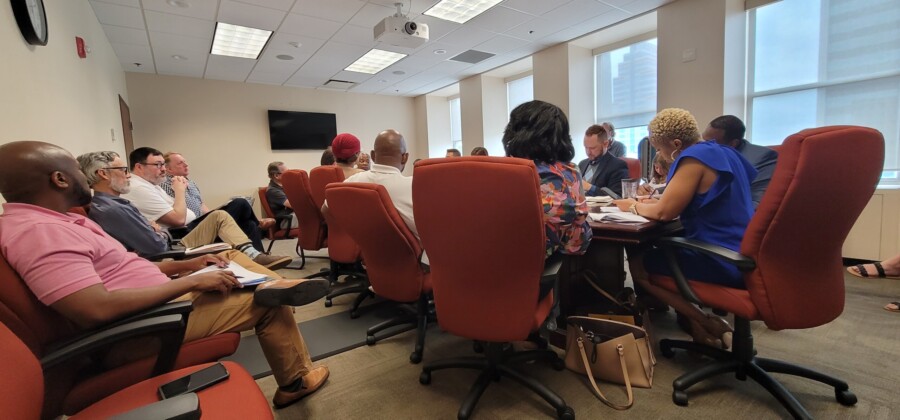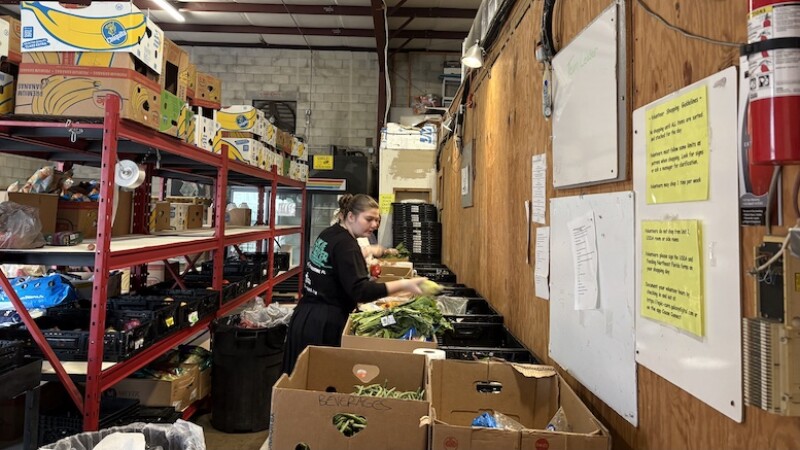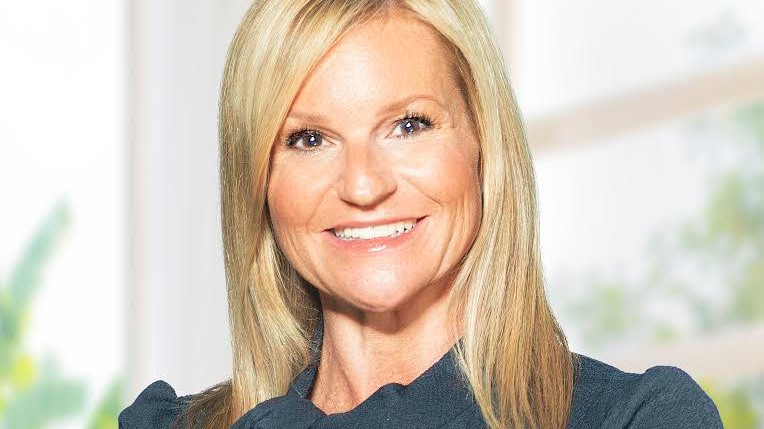Finding affordable housing in Jacksonville appears to be increasingly difficult.
As of July 9, there were a little over 3,000 available rental units in the Jacksonville area with a median rent of $1,750, according to Zillow. Meanwhile, Jacksonville Housing Authority President and CEO Dwayne Alexander said Tuesday the agency has about 147,000 people on a waiting list for an affordable place to live.
“Just let that marinate for a minute,” said Alexander, adding that the number is merely heads of the household making between $12,000 and $14,000 a year, and doesn’t include family members. “Where do these folks go?”
Alexander was one of several local housing representatives who provided the 15-member Affordable Housing Subcommittee with information about what their organizations do – and hope to do – to try to ease the financial burden for people who need safe and financially feasible accommodations in Duval County. About 25 people gathered Tuesday morning in a small conference room on the 7th floor of the Ed Ball Building in Downtown Jacksonville. The subcommittee of Mayor Donna Deegan’s Infrastructure Transition Committee is tasked with supplying the new administration with short- and long-term goals as leadership prepares a budget for the coming year.
“So the short term is the next year or two,” said subcommittee Chair Joshua Hicks, who Deegan chose as director of affordable housing and community development. “Long-term goals, those are goals that are gonna take three, four years, maybe five years to eight years to implement.”
Tuesday’s discussion, the group’s second meeting thus far, included presentations by Alexander, as well as Suzanne Pickett, president of the Historic Eastside Community Development Corporation, and J.J. Froehlich, housing sector leader for Self Help Credit Union.
Froelich said data show that the typical Jacksonville renter “has been rent burdened since 2011, spending over 50% of income on housing.”
Long-term residents face displacement as median home prices rise while household income doesn’t. Meanwhile, housing inventory for those earning 50% or less of the median income is lacking, Froelich said.
Froelich proposed a public-private partnership and an affordable housing development fund that could help acquire properties and prop up other gap financing, like low income housing tax credits and Florida’s State Apartment Incentive Loan program, also known as SAIL.
He said both the SAIL and tax credit programs, as well as the state Live Local Act’s $711 million tax incentive program, which went into effect July 1, are not enough to combat the issue completely.
“Even with that, there’s just not enough funds in that program to meet all the demand,” Froelich said. “So the solution here is gap financing that multiplies the effect of taxpayer dollars deployed by the city.”
The issue of displacement is something Pickett, the Historic Eastside representative, feels acutely.
“Our goal is to develop the community with minimal displacement, so the current residents at Eastside are able to stay there,” Pickett said. They rehabilitate homes and also aim to build at least 200 new homes on vacant lots in the area that borders the sports complex Downtown.
“The Eastside neighborhood hasn’t had any representation or development in five decades,” Pickett told the group. “So that’s a sad thing to see, but we’re excited about the changes and we’re excited about upcoming opportunities. Our vision is to be a tourist destination that represents the rich cultural tapestry of African Americans.”
In addition to helping rehab homes, she said her group focuses on educating homeowners on how to save for issues that come up unexpectedly and can threaten their security.
“We had a situation where a $200 plumbing problem is now a $30,000 mold issue,” Pickett said. “So just that education of how you can prevent these larger issues in your house.”
The organizations require funding for the resources they provide – Self Help’s investment request alone was at least $10 million. And, over the course of the next several meetings, the subcommittee will be listening to as many presentations and ideas as possible, Hicks said.
The next meeting is expected to be held July 20, and city documents show the committee must provide a report to the mayor no later than September 5.
“We all recognize the problem,” Hicks said. “We’re ready to get to work to address it.”







